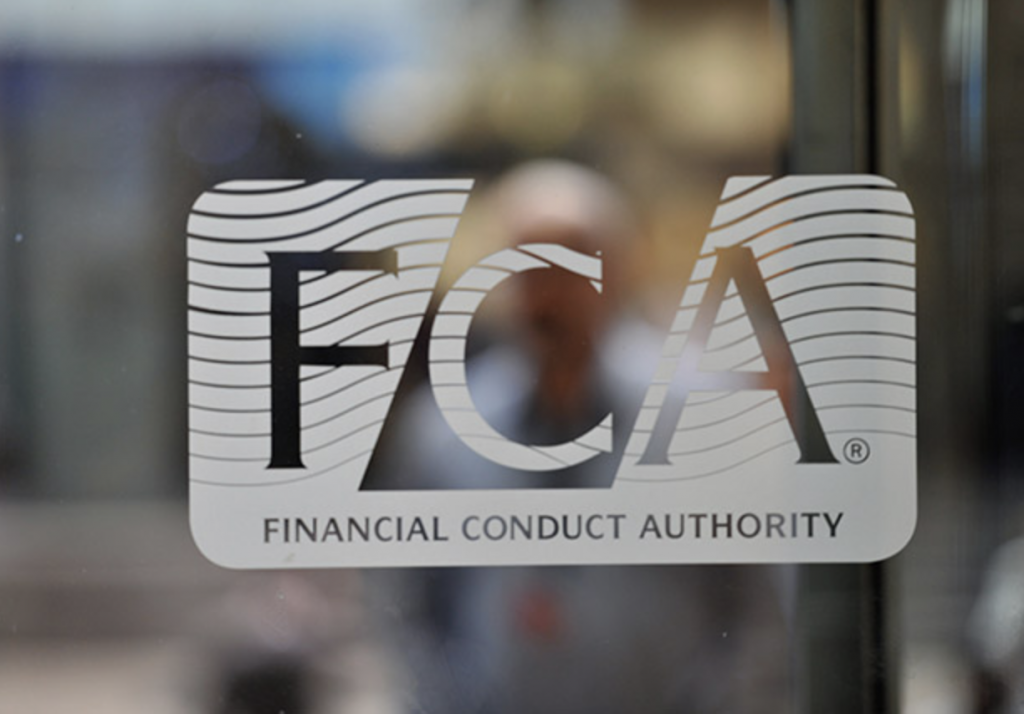Mifid II changes to disclosure and funding of research through bundled commissions have already saved UK equity investors £70m in 6 months and will ultimately save them £1bn over five years, the FCA says.
The regulator’s review – Implementing Mifid II – multi-firm review of research unbundling reforms – found the way most buy-side firms have implemented the new rules has improved accountability and scrutiny over both research and execution costs. Most firms have chosen to absorb research costs themselves, resulting in around £70m of savings for investors in UK-managed equity portfolios across the FCA’s sample in the first half of 2018 compared with 2017.
In 2013 Corporate Adviser reported findings from Frost Consulting which estimated that $22bn a year was being spent globally via bundled commissions, more than a quarter of which was used to pay for research.
The review found that most buy-side firms can still access the research they need. The FCA found no evidence of a material reduction in research coverage, including for listed small and medium enterprises (SMEs).
Asset managers’ research valuation models have different levels of sophistication, particularly in evaluating the quality of research. We expect firms to refine models to ensure they are acting in the best interests of their clients.
The FCA found a material reduction of around 20 to 30 per cent in the budgets firms set for externally produced equity research. Buy-side firms are paying less for research by having a more targeted approach to procurement and increased efficiency in the way they use research, such as fewer and more focused analyst meetings. Competition is driving down costs for written material. And most firms are adopting formal processes to set their research budgets, and increasing their efforts to better understand how they use their research to improve cost discipline.
Buy-side firms told us they are still getting the research they need, despite lower budgets. This implies that most savings reflect greater competition and market efficiencies, including firms better assessing how much and what type of research they need.
Unbundling has reduced conflicts of interest for asset managers when they choose which counterparties to place or execute orders with, allowing asset managers to select brokers based purely on their ability to provide best execution. The regulator says it found no evidence of asset managers making hidden equity research payments through inflated commissions for trade executions as execution-only commission rates agreed between asset managers and brokers were largely the same or lower.
The FCA analysis indicated limited change in single-stock analyst coverage levels for smaller-cap listed UK companies since MiFID II was implemented. Trading volumes or spreads for UK Alternative Investment Market (AIM)-listed companies, which can indicate reduced liquidity or investor demand, also do not appear to be affected, it says.
An FCA spokesperson says: “While implementation of the MiFID II research unbundling rules is still at a relatively early stage, we have seen broadly positive changes in behaviours by firms in response to the reforms. We found no evidence to suggest that firms are unable to access the research they needed, nor does our analysis suggest that SME research coverage has materially diminished contrary to some reports. At the same time, we observe that price discovery is still evolving, alongside refinements to valuation and budgeting approaches on the buy-side. This may result in further changes to sell-side pricing models and competition in the research market. It is therefore likely that we will conduct further work to assess the impact of these reforms in 2020/21.”
Transparency campaigner Dr Chris Sier says: “I am encouraged to hear these findings – making managers responsible for the amounts of money they spend on behalf of their clients, by making it hit their bottom line, makes them sharpen their pencils. I strongly believe the savings will be greater than this. It is hard to figure out precisely what savings have been made. That said, there will also be situations where the management charge will have gone up because the manager is now paying for the research themselves.”
